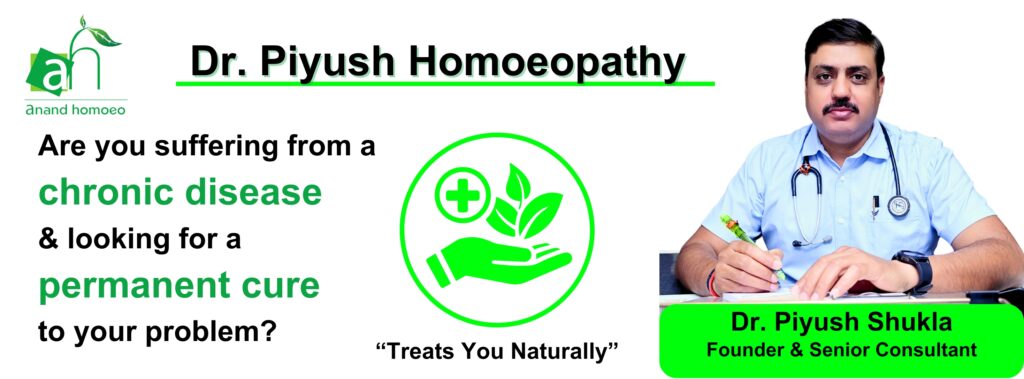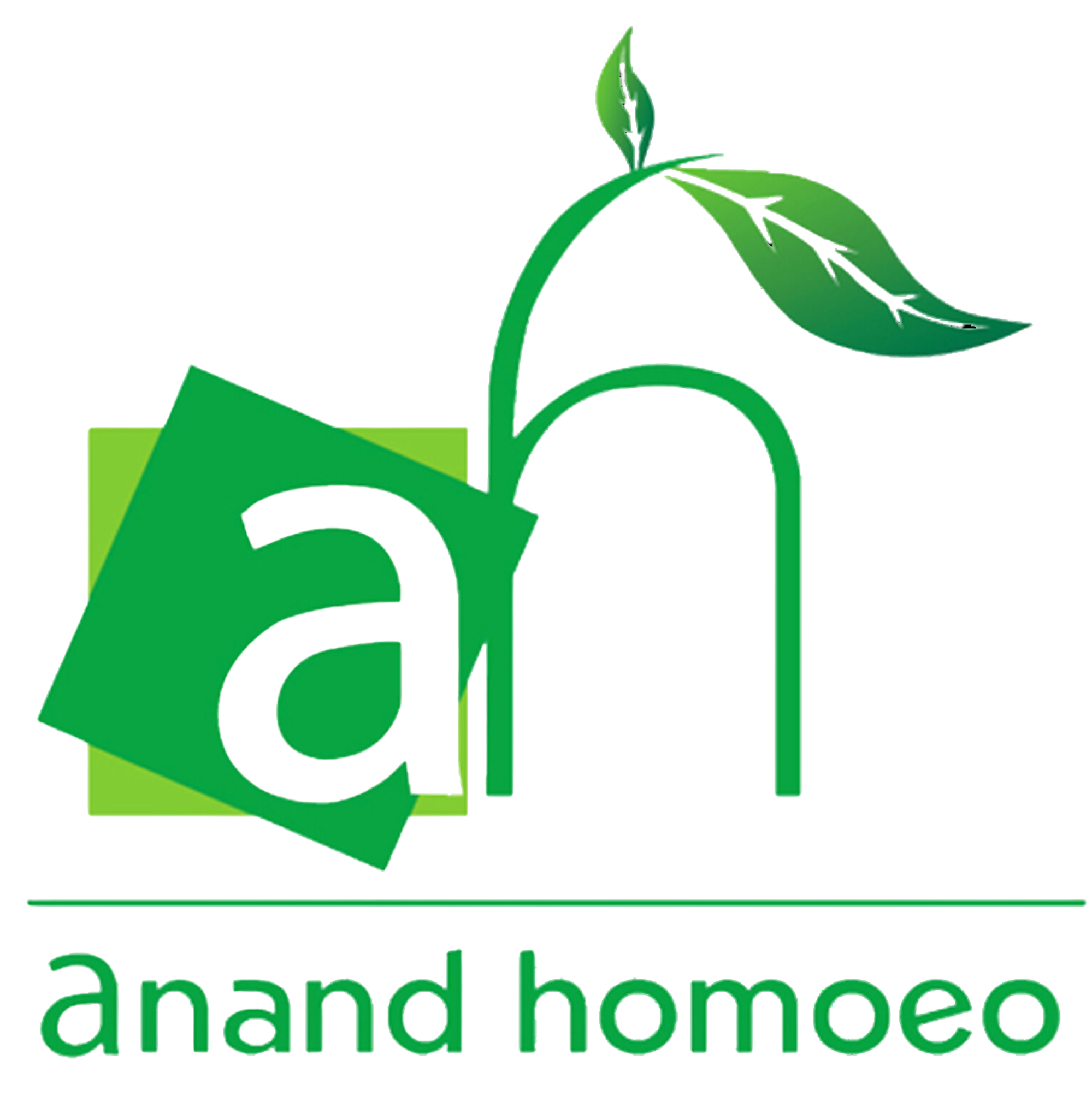Homeopathy in the Modern Age: A Holistic Approach to Health

Homeopathy, a system of alternative medicine developed in the late 18th century by Samuel Hahnemann, remains a topic of both interest and debate in the modern age. It is based on two central principles: “like cures like”—the idea that a substance causing symptoms in a healthy person can, in very small doses, treat similar symptoms in a sick person—and “the law of minimum dose,” which suggests that the more a substance is diluted, the more potent it becomes.
The Appeal of Homeopathy in the 21st Century
Despite advances in conventional medicine, homeopathy continues to attract a significant number of adherents globally. Its appeal is rooted in several factors:
- Holistic Approach: Homeopathy focuses on treating the individual as a whole, rather than targeting specific symptoms. Practitioners take into account a patient’s physical, emotional, and psychological well-being before prescribing remedies. This approach resonates with those seeking more personalized and comprehensive care.
- Gentle Treatment: Homeopathic remedies are highly diluted, making them appealing to those concerned about the side effects of conventional drugs. Many patients prefer these natural treatments, especially for chronic conditions where long-term medication use can lead to adverse effects.
- Chronic and Lifestyle Diseases: The rise of chronic illnesses like diabetes, arthritis, and anxiety has prompted some people to explore complementary therapies like homeopathy. Many patients seek homeopathic treatments as an adjunct to conventional medicine to manage symptoms more gently.
- Growing Interest in Integrative Medicine: Modern healthcare is increasingly embracing integrative approaches that combine conventional medicine with alternative therapies. Homeopathy is often incorporated into integrative treatment plans for patients who wish to explore all avenues of healing, especially in palliative care or for conditions where conventional treatments offer limited relief.
Criticisms and Challenges
Homeopathy has been the subject of scientific skepticism. Critics argue that the remedies, especially in high dilutions, contain little to no active ingredient, challenging the basis for their efficacy. Large-scale scientific studies have shown mixed results, and homeopathy is often regarded as a placebo effect by detractors.
Governments and regulatory bodies in several countries have tightened regulations on homeopathic products, insisting on more robust evidence of efficacy. The availability of homeopathic treatments varies, with some countries integrating it into their healthcare systems, while others restrict or caution against its use.
The Future of Homeopathy
In the future, homeopathy may continue to evolve as part of a broader trend towards personalized and natural medicine. Advances in research methodologies may provide clearer answers on its efficacy, potentially bridging the gap between homeopathic practice and conventional science.
For those who seek gentle, individualized treatments, homeopathy remains a compelling option, especially in an era where patients are increasingly informed and proactive about their health. While it may not replace conventional medicine, homeopathy’s role in the modern age appears to be that of a complementary therapy, providing a bridge between traditional healing philosophies and modern medical advancements.
